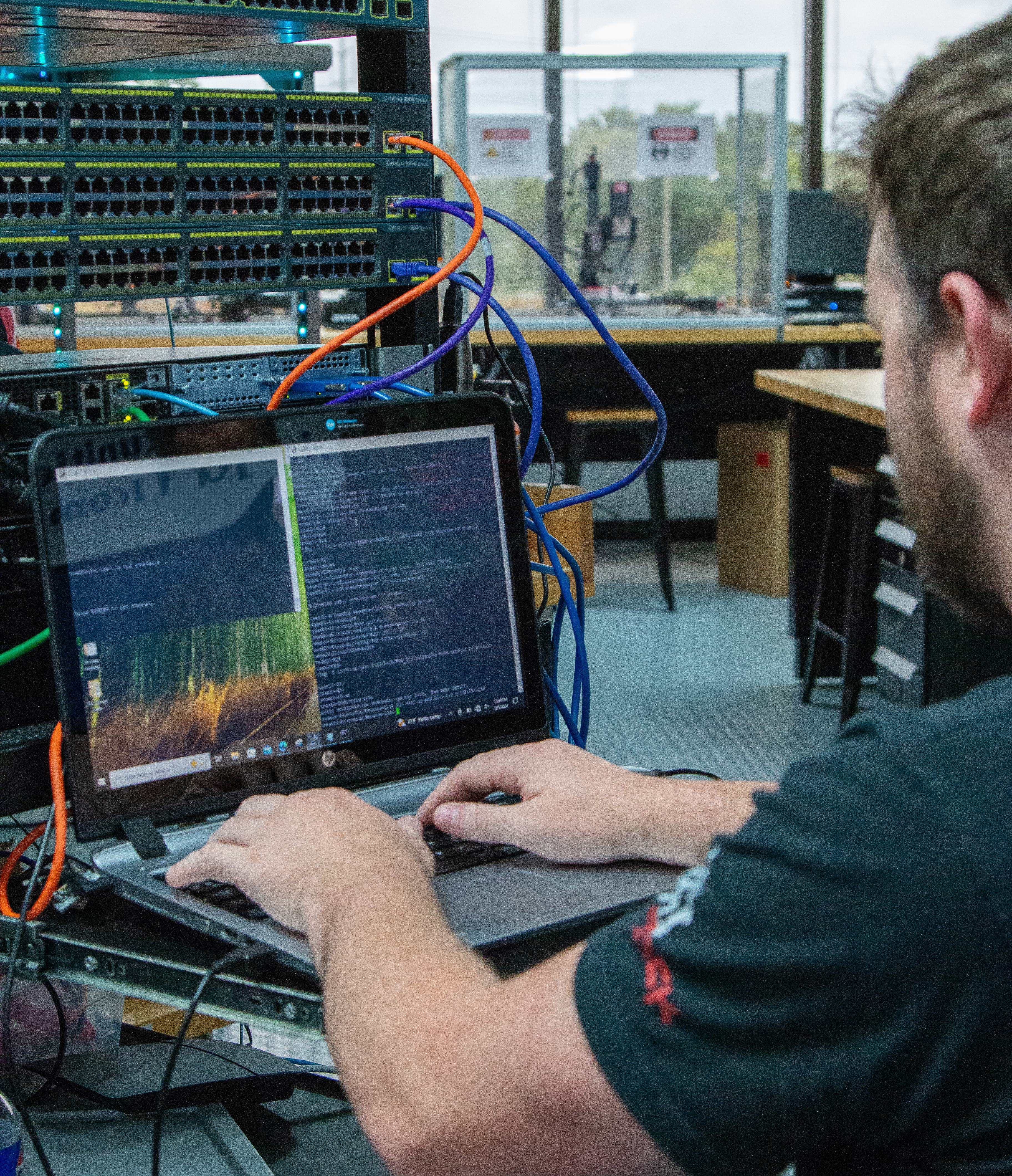
Software development is a dynamic and evolving field that offers numerous opportunities for those interested in creating applications, websites, and digital tools. Whether you are considering earning a software development degree or exploring alternative paths, understanding the process of becoming a software developer is essential. In this blog, we’ll break down the steps to entering the field, educational requirements, and the skills needed to succeed.
Software Development Degree
A software development degree can provide a structured and comprehensive education in programming, algorithms, and software engineering principles. Most software developers earn a degree in computer science, information technology, or software engineering. These programs cover topics such as:
- Programming languages (Java, Python, C++, etc.)
- Software design and architecture
- Database management
- Web and mobile development
- Cybersecurity principles
A software development degree typically takes between two to four years to complete, though program length can vary based on the institution, transfer credits, and student pacing. An associate degree provides fundamental skills, while a bachelor’s degree offers a deeper understanding of software development principles. Some professionals choose to continue their education with a master’s degree, which can open doors to specialized fields such as artificial intelligence, cloud computing, and data science.
A formal degree provides structured training in software development and is valued by many employers. However, hiring decisions vary based on industry needs, individual skills, and experience.
How Long Does It Take to Become a Software Developer?
The time required to become a software developer depends on your education path and prior experience. Here’s a general timeline:
- Traditional Degree Path (4 Years) – A bachelor's degree in software development or computer science typically takes four years to complete.
- Associate Degree Path (2 Years) – An associate degree takes about two years and can prepare students for entry-level software development jobs.
- Self-Taught Route (Varies) – Learning to code independently using online courses, tutorials, and practice projects can take anywhere from several months to a few years, depending on dedication and experience.
- Learn Programming Languages: Start with beginner-friendly languages like Python or JavaScript before moving on to more complex ones like Java, C++, or Ruby.
- Take Online Courses: Platforms like Coursera, Udemy, and freeCodeCamp offer free and paid courses on software development fundamentals.
- Build Projects: Hands-on experience is crucial. Develop websites, mobile apps, or software tools to showcase your skills.
- Join Open Source Projects: Contributing to open-source projects on GitHub helps you gain real-world experience and network with other developers.
- Earn Certifications: Certifications like AWS Certified Developer, Google Associate Android Developer, or Microsoft Certified: Azure Developer Associate can validate your skills.
- Gain Experience: Internships, freelancing, and part-time jobs in software development can help build a professional portfolio.
- Create a Portfolio: A strong portfolio showcasing your coding projects can be just as valuable as a degree when applying for jobs.
- Network: Join developer communities, attend hackathons, and participate in online forums to connect with industry professionals.
- Choose a Learning Path: Decide between a formal degree, a coding bootcamp, or self-study.
- Learn the Fundamentals: Study data structures, algorithms, object-oriented programming, and software design principles.
- Practice Coding Regularly: Use coding platforms like LeetCode, HackerRank, and CodeSignal to improve problem-solving skills.
- Work on Real Projects: Build applications, contribute to open-source projects, and create a strong portfolio.
- Understand Software Development Tools: Learn version control (Git), cloud computing, and database management.
- Apply for Internships or Entry-Level Jobs: Gaining hands-on experience is crucial for career growth.
- Stay Updated: The tech field is constantly evolving, so keep learning new technologies and frameworks.
- Learning Curve: Software development requires logical thinking and problem-solving skills. The learning process can be challenging, but practice makes it easier.
- Time Commitment: Mastering coding takes time, whether through a degree program, bootcamp, or self-study.
- Continuous Learning: Technology evolves quickly, so developers must stay up to date with new programming languages, frameworks, and tools.
- Job Market Competition: Entry-level jobs can be competitive, but a strong portfolio, internships, and networking can improve job prospects.
Many people successfully enter the field through self-study and hands-on experience.
How to Become a Software Developer Without a Degree
Not everyone follows the traditional education route to becoming a software developer. If you want to enter the field without a degree, here’s how:
Many companies, especially in the tech industry, prioritize skills and experience over formal education. As long as you can demonstrate your ability to code and solve problems, you can build a career as a software developer without a degree.
How to Become a Software Developer
Regardless of whether you choose to earn a software development degree or take a self-taught approach, here are the essential steps to becoming a software developer:
Following these steps will help you transition into a software development career, whether you pursue a software development degree or take an alternative path.
How Hard Is It to Become a Software Developer?
The difficulty of becoming a software developer depends on your background, learning style, and perseverance. Here are some factors to consider:
While becoming a software developer requires dedication, it is an achievable goal for those willing to put in the effort. Many people transition into software development from other fields, proving that with persistence, anyone can learn to code and succeed in this industry.
Conclusion
Software development offers a rewarding career path with opportunities for growth and specialization. Whether you earn a software development degree or take an alternative route, the key to success is continuous learning and hands-on experience.
For those looking for structured learning, a software development degree can provide in-depth knowledge, while self-taught learners can gain skills through online courses and practice projects. Regardless of your path, dedication and problem-solving skills are essential for thriving in this field.
If you’re interested in exploring educational programs in software development, visit ECPI University to learn more about available degree options.

